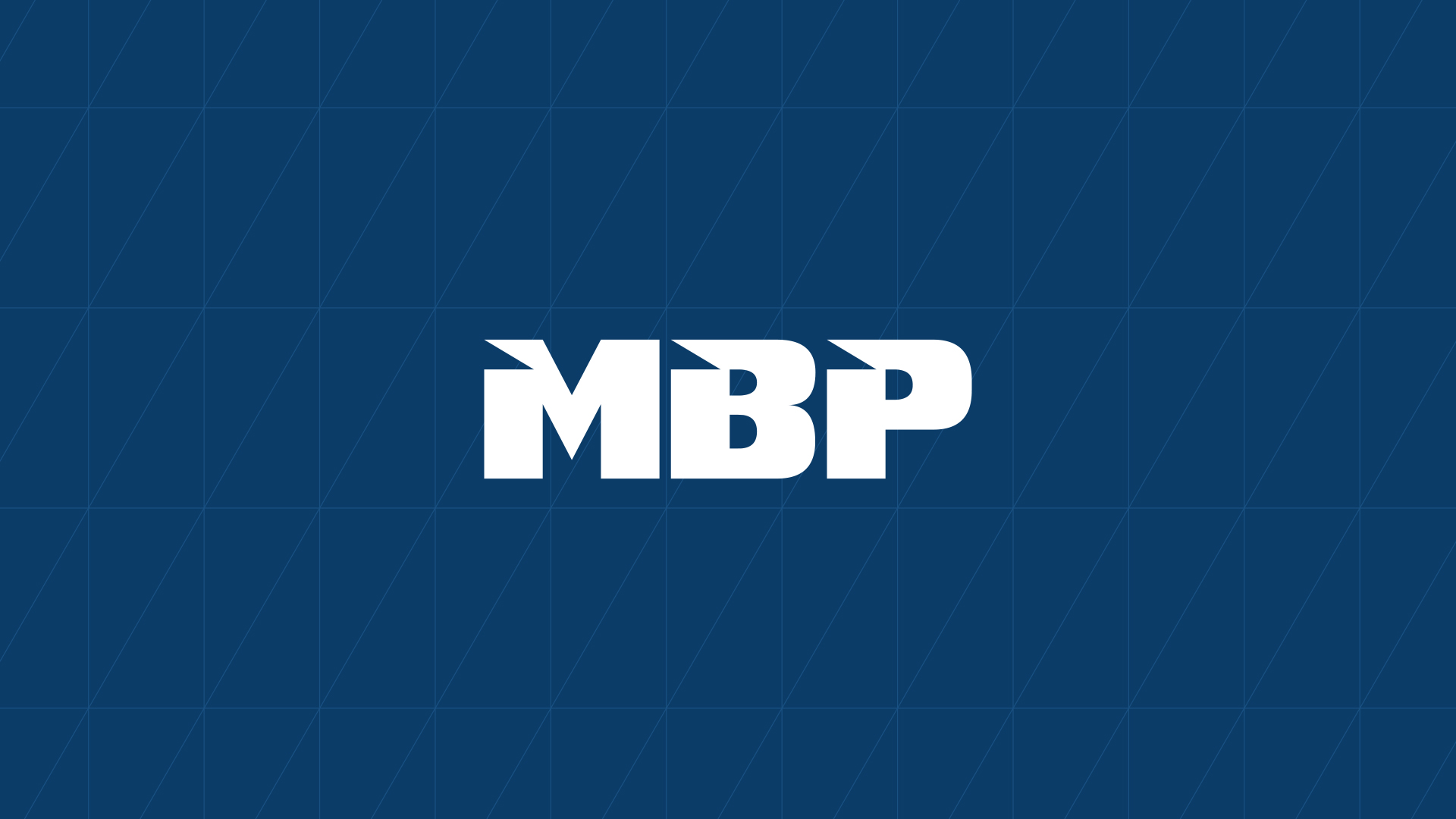
With the start of hurricane season, summer thunderstorms, and tornados upon us, it’s a good time to reflect and ask, “Am I prepared?” This question does not just refer to the emergency kit, cash, and spare gas you might have on hand, it also involves looking beyond your driveway to determine if both your community and your organization are ready, as the response to any type of crisis essentially comes down to how well an individual or community can absorb and recover from an emergency.
For any type of response team to be effective, it needs to be prepared to answer the following:
- What scenarios do I need to plan for?
- What kind of response is going to be required?
- How can we acquire the items we might need?
- Who is available to assist?
In your organization, you may deal with these kinds of issues every day. Personnel, training, and procurement are part of the normal routine, but:
- What happens when it is not routine?
- Do your plans include alternative emergency options?
- What do you do when the emergency is more than your staff can address?
Staff augmentation is an excellent way for your organization to think ahead and be prepared for those non-routine events that are more than your team can handle. An open-ended, short-term contract can set up a team to be able to step in to help at a moment’s notice. For example, MBP’s emergency management and resiliency teams are led by program professionals trained in National Incident Management System (NIMS) protocols and capable of working within National Management Information System (NMIS) guidelines. This experience allows us to work hand-in-hand with local, state, and Federal response project teams who have developed community planning and strategic initiatives for emergency preparedness and resiliency.
Resiliency and Preparing for Success
Earlier this year in the blog, Resilience: Challenges Old and New, we spoke about the four principles of resilience: Recover, Adapt, Prepare, and Absorb. In many ways, the Prepare principle in the resilience cycle is where much of the “traditional” work in the realm of resilience happens. This phase represents work that communities and organizations do to make themselves better able to handle future disruptions. As the famous television director Richard Kline said, “Confidence is preparation. Everything else is beyond your control.” This is especially the case with Mother Nature.
For example, in my state of North Carolina, we have a Resilient Coastal Communities Program (RCCP). The RCCP serves as coastal North Carolina’s resilience framework for communities to develop and implement a locally-driven resilience strategy and implement projects or activities that reduce the impacts of coastal and climate hazards like flooding and storms.
This serves as a great example of getting ahead of future disruptions. As part of this program, 25 North Carolina communities were selected to receive technical assistance to complete a Resilience Strategy for each community. Funding is provided by the Department of Environmental Quality (DEQ) and the National Fish & Wildlife Foundation. The program has four phases:
- Community Engagement and Assessments
- Planning, Project Selection, and Prioritization
- Project Engineering and Design
- Implementation
“North Carolinians on our coast are on the front lines of climate change. These grants provide vital resources so that coastal communities can identify and address the climate hazards that impact their residents and economies and prepare for a more resilient future,” said Dionne Delli-Gatti, Secretary of the Department of Environmental Quality. Check out which communities are involved in the program here.
Community Involvement
Opportunities for your organization to improve its current state of preparation or recovery can come from grants, State or Federal Funding, and from volunteer efforts. For example, in response to Hurricane Sandy’s devastation in 2012, MBP volunteered and helped the Town of Ipswich, Massachusetts, with a new project that helped prepare the community for future events through The Massachusetts Great Marsh Grant program. This program included a widescale effort to restore hundreds of acres of salt marsh through a $1 million federal grant, helping six communities, including Ipswich, implement a model approach to coastal planning. Through community planning, evaluation of vulnerable areas, and prioritizing strategies for short-range and longer-range projects, the local townships were able to address transport and erosion of sediment, plant restoration projects, hydrological barriers, and marsh management. Now, the Great Marsh is well on its way back to being a healthy, resilient system protecting the natural ecosystems and the community’s infrastructure.
Hurricane Sandy did not just affect one town or one state – the storm impacted many regions of New England. MBP worked with agencies in New York and New Jersey inspecting and processing claims and requests for assistance from program initiation through closeout. Our team served national and local governments in their daily operations as program managers, project managers, estimators, and inspectors. They manage and direct millions of dollars of building programs and the risks associated with them. This can be an extended process, so it is crucial to be prepared and manage expectations.
Ways to help your community prepare for a crisis:
Get Engaged
Here are a few ideas:
- Get involved in your state’s efforts to address climate change and emergency preparedness issues.
- Search out tools that help make your local plans better.
- Educate yourself through training available from a variety of sources. Federal, local, and trade associations have many free programs that can help.
- Train yourself and your team to be effective in times of crisis.
- Implement plans and procedures within your company through your safety program.
- Use the NIMS programs to train your company on effective leadership roles and how they can seamlessly fit into a local response as a volunteer or contractor.
Volunteer
You can make a short vacation turn into something a little different. Instead of walking over the hot sand and marsh grass, why not plant some? The North Carolina Coastal Federation recently sought 25 volunteers to plant salt marsh grasses that protect the shoreline from erosion and create new habitats for marine life.
The Living Shoreline Academy sponsors events and projects all along the east coast of the United States. Funded by the U.S. Environmental Protection Agency (EPA), the program is a collaboration between Restore America’s Estuaries and the North Carolina Coastal Federation.
“Resilient Virginia” is another program that actively promotes training and educates citizens about accelerating resiliency planning in communities across the state.
Sponsor
Several national and state programs have been developed to prepare for resilient infrastructure and planning. In your annual business plan, add a section about community service and engagement. Be active in the support and encouragement of your employee’s participation in resiliency volunteering and promotion. You can:
- Partner with another firm or government entity and prepare a presentation about resiliency planning and what owners can do in the design guidelines for new and existing structures.
- Donate time and volunteer with a rural development agency to help small towns on their next prioritized project.
When a local or national emergency occurs, your team can put on another hat and bring seasoned, experienced leadership to communities and agencies that need you. MBP assists local and regional agencies in their preparedness, planning, and recovery.
When we ask our team members about what they did, or where they had to go with these efforts, the response usually starts with, “Well, we helped…” The key word is “helped.”
If your company is looking to prepare and set up a recovery plan for a potential crisis, contact us to get started.




